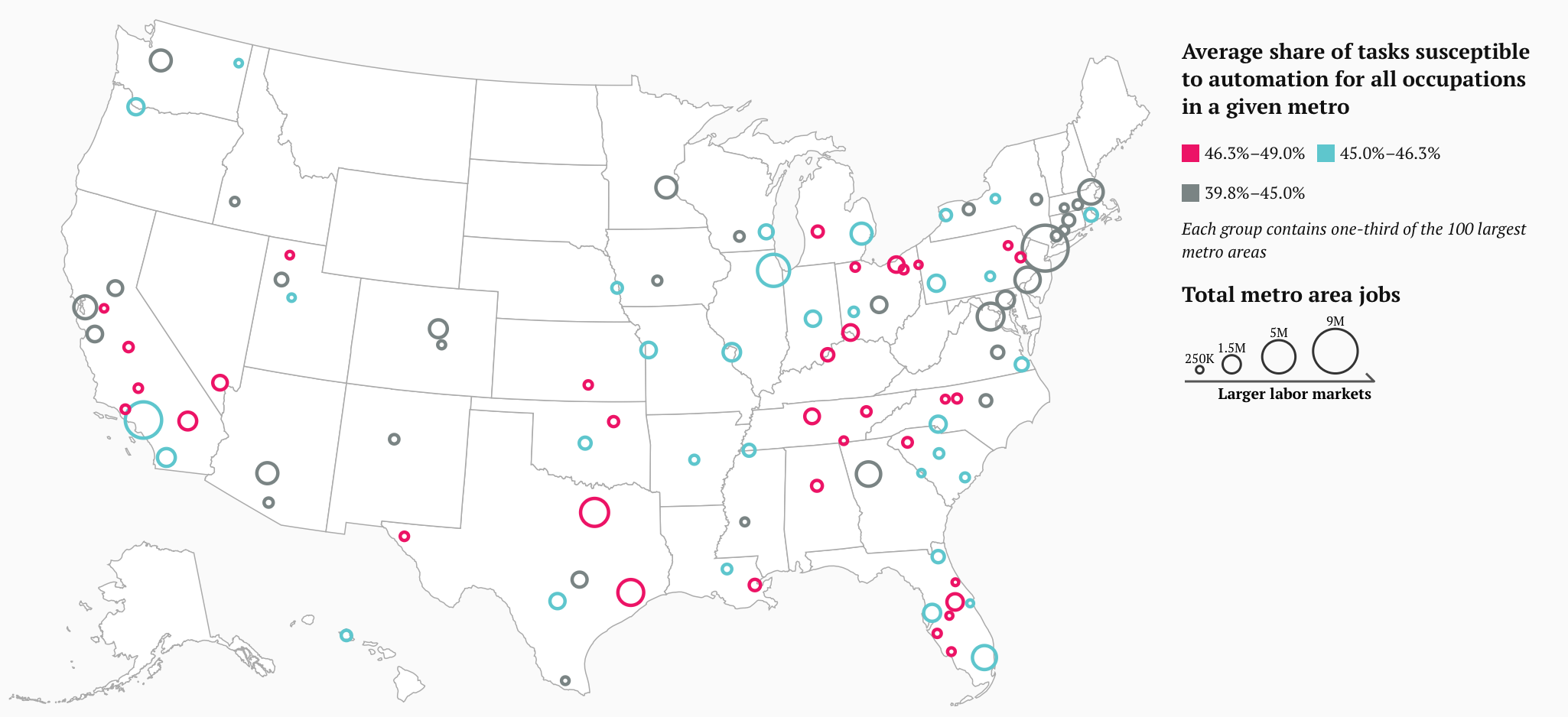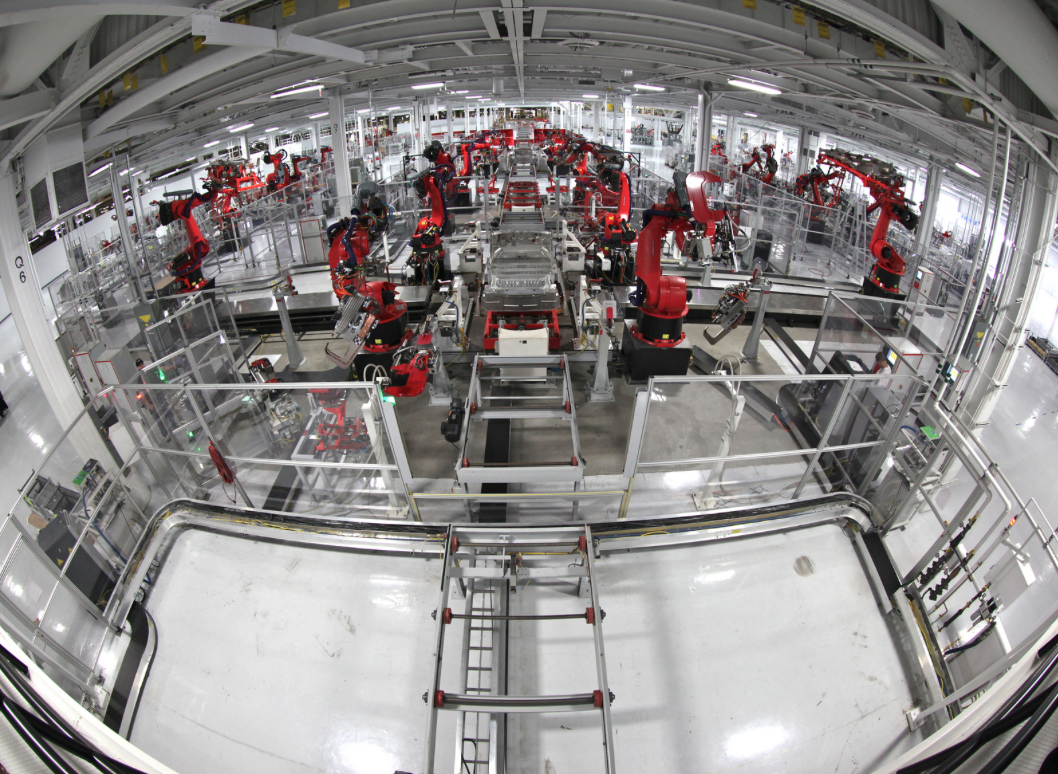Title Page
The Not-So-Secret Trick to Cutting Solo Car Commutes: Charge for Parking By The Day. Seattle Times.
Introduction
Georgia Pecan Farmers Have Thrived for a Century. After Hurricane Michael, They're Unsure If They'll Survive Another Generation. Atlanta magazine.
Tifton horticulturist Lenny Wells, one of the state’s foremost pecan experts, summed up Michael’s devastation with stark numbers: 740,000 trees destroyed, 55 million pounds of nuts ruined, $560 million in anticipated economic losses. By Wells’s estimation, about half of the state’s crop was obliterated—and that’s after Hurricane Irma wiped out a third of it. But Wells stressed that the damage could not be measured solely in numbers.
“Some of these guys are growing pecans on trees that their great-grandfathers planted,” Wells said. “Their grandfathers planted trees. Their parents planted trees. [The trees are] like children to pecan growers.”
Executive Summary
There's plenty we don't know yet about how increasing automation will affect labor but, according to a new Brookings Institution report, there are some consequences we can roughly anticipate. "The probable divides are clear: Men, youth, and less educated workers, along with underrepresented groups," for example, "all appear likely to face significantly more acute challenges from automation in the coming years. Young workers and Hispanics will be especially exposed," according to the analysis. And some industries—re: production, food service and transportation—are particularly vulnerable.
Given these parameters, the analysis is also able to identify what share of the jobs in a metropolitan area are at risk in the coming world of automation and artificial intelligence. Houston does not fare particularly well. Though most of the major metro areas have a significant share of tasks susceptible to automation for all occupations, places like Houston, Dallas, Las Vegas and Orlando have particularly high risks, according to the analysis.

Average automation potential by metropolitan area, 2016 in 100 largest metropolitan areas. Map: Brookings Institution.
The analysis does feature some recommendations, including helping workers get retrained, tinkering with education pathways and other oft-touted solutions. But it also includes calls for a "universal adjustment benefit" to help affected, displaced workers and subsidized employment programs. Though some support currently exists for a segment of workers impacted by automation, the report encourages the development of an expanded program that would involve career counseling, training and enough income support to actually complete that training.
Conclusion
For one charter school teacher in Los Angeles, the public school teacher's strike there opened her eyes to the larger role charter schools play in the school district. "I believe in my charter school, but I don’t believe that the charter industry’s mission to increase its share of the educational marketplace in Los Angeles can solve the problems we all face educating children," wrote Riley McDonald Vaca in a recent op-ed in the Los Angeles Times. "In fact, the strike has made me consider how charter school expansion is harming the city," she continued. "As more money is invested in new ideas and new campuses, fewer resources and students are left for the many great programs still trying to gain their footing in our current district and charter schools." She argues in favor of more collaboration, reworked distribution of funding, more transparency at both charters and public schools and even considering unionization for charter school teachers.
"We are a long way from a system in which we are deeply invested in the success of every school and every student in L.A., but we must make that the mission."
Endnotes
The next round of METRONext Community Meetings begin Jan. 26. Learn about METRO's draft long-range transportation plan that was designed with your input. Find a meeting near you at https://t.co/k05vfaFAUN -M pic.twitter.com/x6XdaGKdrH
— METRO Houston (@METROHouston) January 18, 2019

